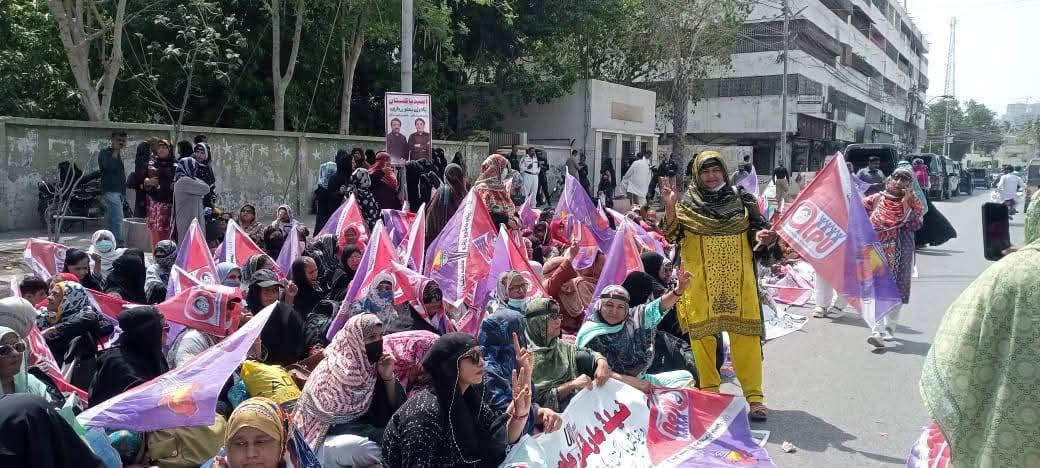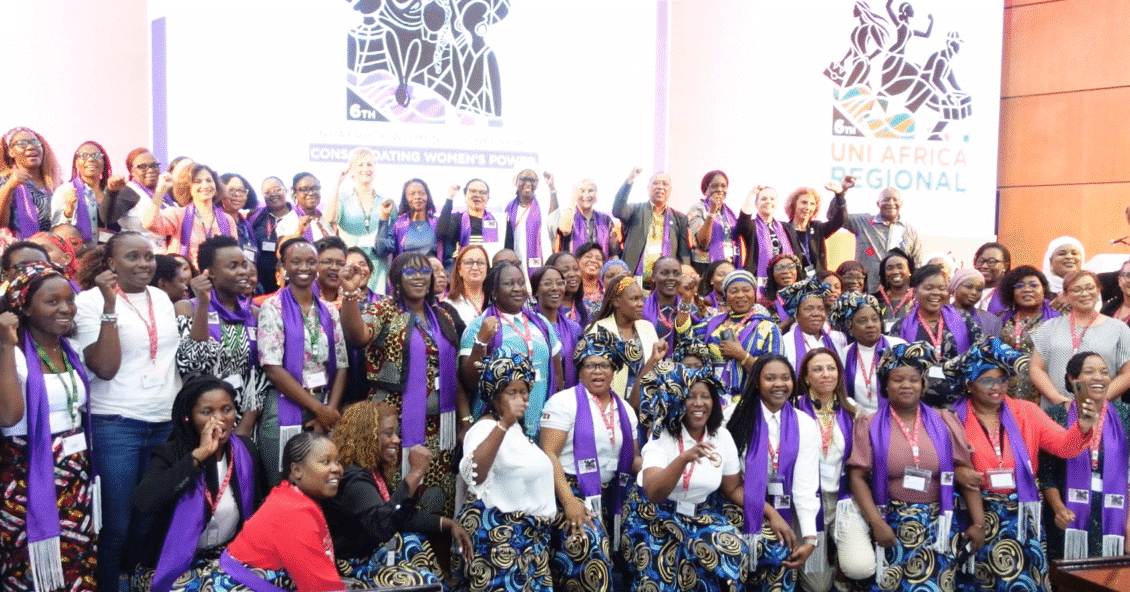Original article appeared on UNI’s Future World of Work website here.
At the heart of the Young Workers’ Lab is a simple question: what in this day and age counts as ‘work’?
Does your time spent reading emails when you should be off-duty count? Where is the limit? How about the time that click workers, freelancers, and courier riders spend waiting for a job to tick in? Or the miles driven between clients and the time spent in traffic jams for the home-care worker? Should your commute count as work? What are the work/life boundaries these days? When is ‘work’ work and how can we prove it?
Many young workers today face highly criticisable working conditions. Warehouse workers have few breaks and run miles per day to meet targets set by an algorithm. Archaeologists spend weeks away from home, with some exposed to workplace harassment. Bankers, insurance workers, and call center staff are monitored for every keystroke they make, every word they say, the time they spend concluding a sale or giving a piece of advice.
Whilst we know this is happening, unions today rely on anecdotal evidence to push back on irresponsible employers and businesses, or to prove that the working day extends far beyond the hours paid. However, whilst anecdotes emotionally touch us, they seldom lead to change.
The Young Workers Lab aims to address this by providing unions with the knowledge, best-practices, and digital tools needed to conveniently collect and manage indisputable evidence about the working lives of their members.
Read this article to find out how!
Its all about the responsible use of data and the app we are currently developing!


